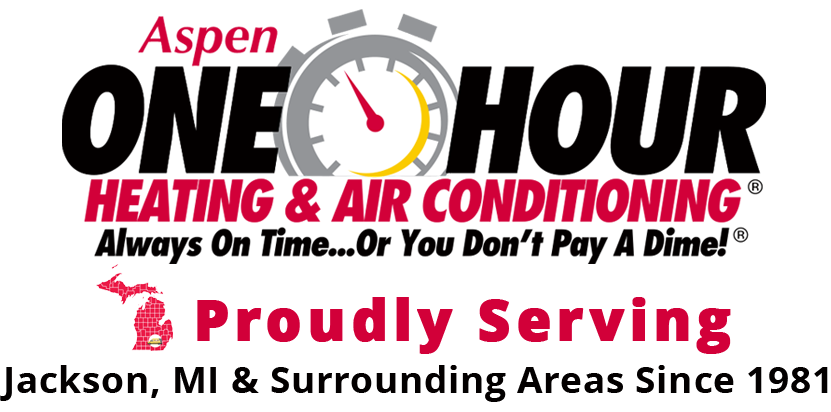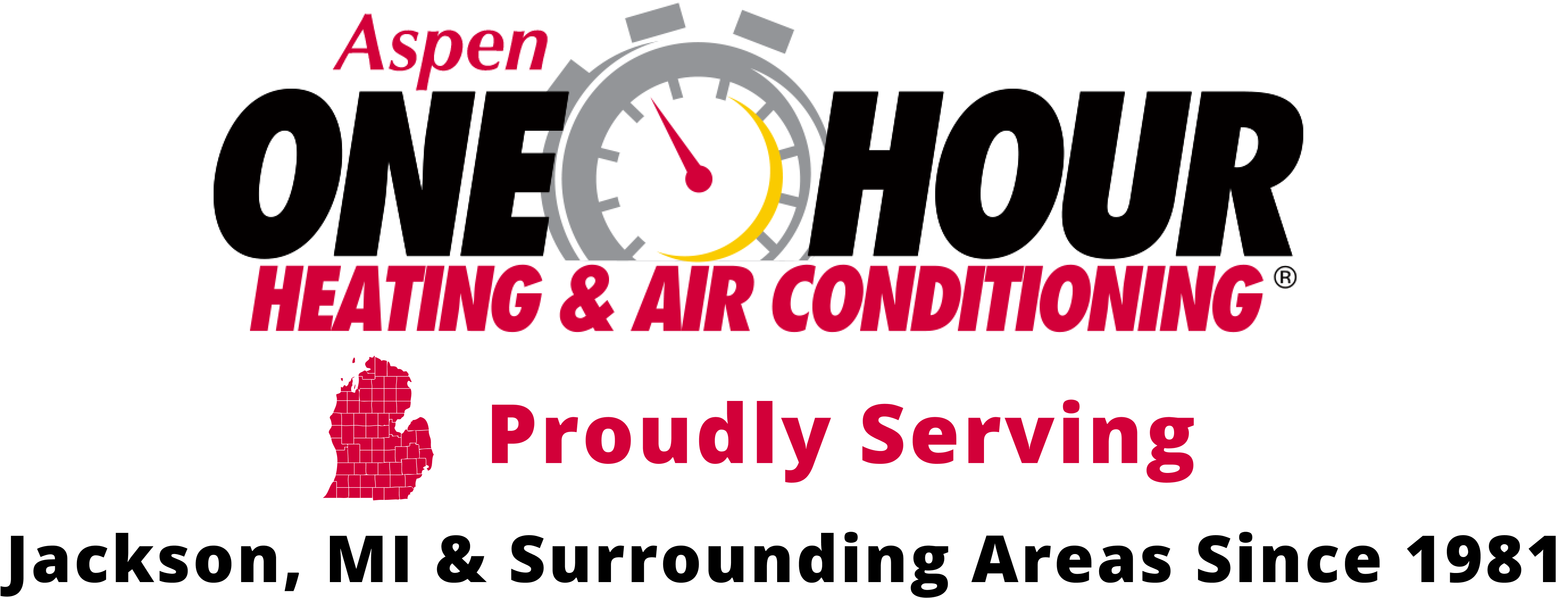Air handlers play a crucial role in heating, ventilation, and air conditioning (HVAC) systems, yet they often go unnoticed in discussions about indoor comfort. An air handler is responsible for circulating conditioned air throughout your home, ensuring that you enjoy a comfortable living environment regardless of the season. In this blog post, we’ll explore what air handlers are, how they work, their components, and their significance in maintaining optimal indoor air quality and comfort.
1. What is an Air Handler?
An air handler is a vital component of an HVAC system that manages the flow of air throughout your home. It is typically connected to a network of ducts that distribute heated or cooled air from the central heating or cooling unit, such as a furnace or air conditioner. The primary purpose of an air handler is to condition and circulate air, providing consistent temperature control and ventilation.
2. How Does an Air Handler Work?
Air handlers operate by drawing air from your home through return ducts, filtering it, and then conditioning it before pushing it back out through the supply ducts. Here’s a step-by-step breakdown of the process:
- Air Intake: The air handler pulls in warm or cool air from the living space through return ducts.
- Filtration: Before the air is conditioned, it passes through filters that capture dust, allergens, and other particulates, improving indoor air quality.
- Conditioning: Depending on the season, the air is either heated or cooled. This is achieved through various heating elements or cooling coils within the air handler.
- Air Circulation: Once the air is conditioned, a fan or blower inside the air handler pushes it back into the ductwork, distributing it evenly throughout your home.
3. Key Components of an Air Handler
Air handlers consist of several critical components, each serving a specific function. Understanding these parts can help you better appreciate how your HVAC system works:
- Blower: The blower, or fan, is responsible for moving air through the system. It can vary in size and power, depending on the air handler’s design and the home’s requirements.
- Filters: Air filters are essential for trapping dust, pollen, and other airborne particles. Regularly changing or cleaning filters is vital for maintaining optimal airflow and indoor air quality.
- Coils: Air handlers contain either heating coils or cooling coils. These coils are where the air is conditioned—heating coils warm the air in the winter, while cooling coils chill the air in the summer.
- Ductwork: Air handlers connect to a system of ducts that distribute the conditioned air throughout your home. Properly designed and sealed ducts are crucial for efficient air circulation.
- Controls: Most modern air handlers come equipped with control systems that allow for precise temperature regulation and scheduling. These controls can often be integrated with smart home technology for added convenience.
4. Types of Air Handlers
There are several types of air handlers, each designed for specific applications and environments. Here are the most common types:
- Standard Air Handlers: These are the most common type, typically found in residential HVAC systems. They can be used with various heating and cooling units, including furnaces and heat pumps.
- Multi-Position Air Handlers: These versatile units can be installed in various orientations (upflow, downflow, or horizontal), making them suitable for different types of spaces.
- Modular Air Handlers: Modular air handlers consist of multiple components that can be configured based on the specific needs of the home. This flexibility makes them ideal for larger buildings or unique architectural designs.
- Packaged Air Handlers: In a packaged unit, the air handler and heating or cooling components are combined into a single system. This design is often used for commercial buildings or homes with limited space.
5. Importance of Air Handlers in HVAC Systems
Air handlers are essential for maintaining a comfortable and healthy indoor environment. Here are a few reasons why they are so important:
- Temperature Control: By effectively distributing conditioned air, air handlers help maintain a consistent temperature throughout your home, preventing hot or cold spots.
- Improved Indoor Air Quality: Air handlers equipped with high-quality filters can significantly improve indoor air quality by removing allergens, dust, and other pollutants.
- Energy Efficiency: A well-functioning air handler ensures that your HVAC system operates efficiently, reducing energy consumption and lowering utility bills. Regular maintenance and filter changes are essential for maximizing efficiency.
- Humidity Control: Air handlers can also help regulate humidity levels in your home. By conditioning the air properly, they can prevent excess moisture buildup, which can lead to mold and other issues.
6. Maintenance Tips for Air Handlers
To ensure your air handler operates efficiently and effectively, regular maintenance is crucial. Here are some tips for keeping your air handler in top shape:
- Change Filters Regularly: Check and replace filters every one to three months, depending on usage and the type of filter. A clean filter ensures optimal airflow and air quality.
- Schedule Professional Inspections: Have your HVAC system, including the air handler, inspected and serviced by a professional at least once a year. This can help identify potential issues before they become major problems.
- Keep the Area Clear: Ensure that the area around the air handler is clean and free of obstructions. This allows for proper airflow and access for maintenance.
- Monitor for Unusual Noises or Smells: If you notice strange noises or odors coming from your air handler, it could indicate a problem. Contact a professional to investigate and address the issue.
Conclusion
Air handlers are the unsung heroes of your HVAC system, playing a crucial role in maintaining a comfortable and healthy indoor environment. By understanding how they work, their components, and the importance of regular maintenance, you can ensure that your air handler operates efficiently and effectively for years to come. If you have questions about your air handler or need assistance with your HVAC system, don’t hesitate to reach out to our team of experts for help!

